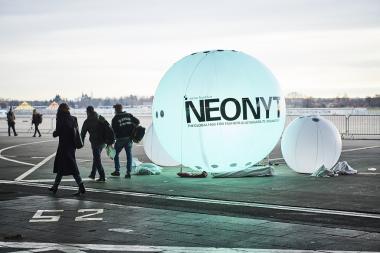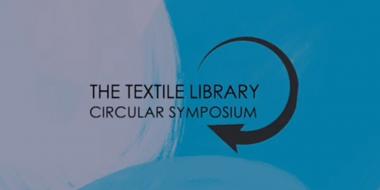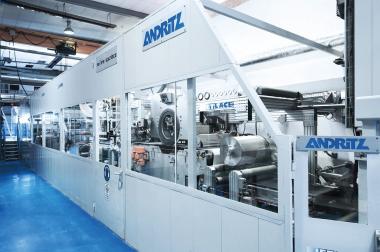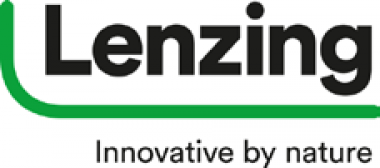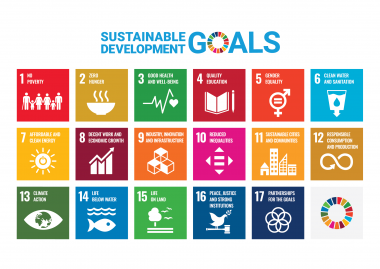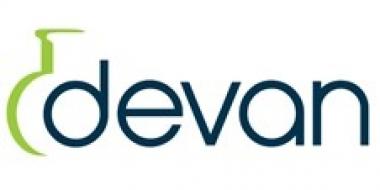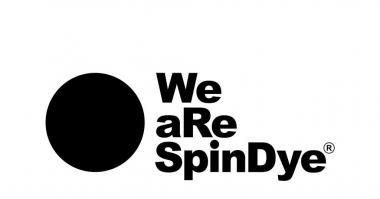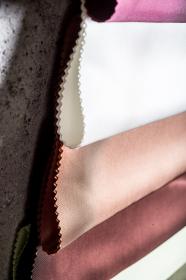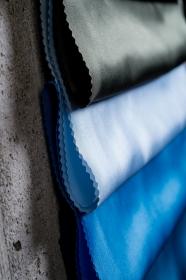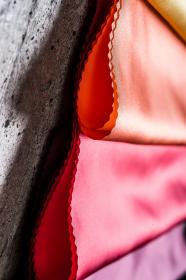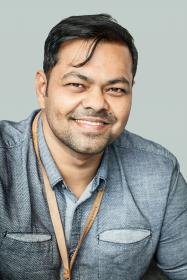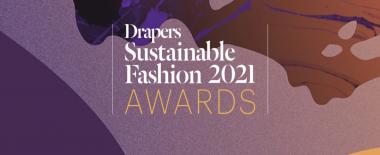Neonyt Sommer 2021 / Frankfurt Fashion Week on-Demand
- Digitale Sommersaison: Neonyt sorgt für Nachhaltigkeit im Streamingprogramm des Frankfurt Fashion Week Studios
Messen, Events und Runways stehen auf hold, digitale Formate halten uns weiter up-to-date – die anhaltend schwierige gesundheitliche Lage sowie die aktuellen Beschlüsse seitens der Bundesregierung hinsichtlich Covid-19 machen den physischen Kick-Off der Frankfurt Fashion Week vom 5. bis 9. Juli 2021 unmöglich. Damit ist auch klar: Es wird diesen Sommer kein Face-to-face für die Neonyt-Community geben. Das neue FFW Studio wird derweil zum digitalen Meeting-Point für alle Fashion-Professionals.
Eine weitere Saison ohne persönliche Begegnungen, Handshake-Deals und ausgelassene Stimmung nach einem erfolgreichen Messetag: Die Sustainable Fashion-Szene muss auch im Sommer 2021 auf eine physische Neonyt verzichten. Aufgrund der andauernden pandemischen Situation und der bundeseinheitlichen Corona-Notbremse findet die neue Frankfurt Fashion Week ausschließlich digital statt – dafür lancieren die Initiatoren, die Messe Frankfurt und die Premium Group, das FFW Studio.
„Ein spektakuläres Mega-Event, wie die Frankfurt Fashion Week eines ist, verdient einen ebenso spektakulären Kick-Off“, sagt Olaf Schmidt, Vice President Textiles & Textile Technologies, Messe Frankfurt. „Dieser ist uns für Sommer 2021 leider noch nicht vergönnt – davon lässt sich das Team hinter der Frankfurt Fashion Week jedoch nicht unterkriegen. Mit Hochdruck wird an digitalen Komponenten gearbeitet, die das Fashion Week-Feeling überall dorthin bringen, wo sich die Community zu dem Zeitpunkt gerade befindet. Live und on-Demand: Das neue FFW Studio bietet die Möglichkeit, die internationale Fashion-Szene trotz Kontaktbeschränkungen an einem Ort zusammenzubringen und die Textilexpertise unserer Community in die ganze Welt zu streamen.“
„Stell dir vor, es ist Fashion Week und keiner geht hin – diese Worte habe ich Ende 2020 gehört, als wir bereits zum zweiten Mal eine physische Neonyt absagen mussten“, sagt Thimo Schwenzfeier, Show Director Neonyt. „Damals waren sie wohl eher zur Aufmunterung über die erneute Absage gedacht, heute messe ich ihnen wesentlich mehr Gewicht bei. Nach gut eineinhalb Jahren Veranstaltungsstopp und Zwangspause waren wir alle – das Team und vor allem unsere Cross Sector-Community – mehr als bereit für den großen Auftakt in Frankfurt am Main. Das hat nicht zuletzt der sehr gute Anmeldestand unserer Brands für Sommer 2021 gezeigt. Letztlich geht jedoch die Gesundheit aller vor und daher freuen wir uns auf die digitale Ausgabe der Frankfurt Fashion Week, das FFW Studio, und darauf, den Sustainability-Content und die Expertise unserer Brands und Speaker*innen im Programm zu platzieren.“
Das FFW Studio geht im Juli auf der Frankfurt Fashion Week-Website www.frankfurt.fashion live und wird der zentrale Anlaufpunkt für alle Textil- und Modeprofis, Kreativen, Labels und Fashion Week-Neulinge. Per Livestream wird das internationale Publikum vom 5. bis 9. Juli 2021 über verschiedene Channels das Neueste aus der Fashion-Welt erfahren. Für professionell kuratierten Input und Business-Insights aus der Textil- und Modebranche ist gesorgt. Ganz oben auf der Agenda: die Leitmotive der Frankfurt Fashion Week, Nachhaltigkeit und Digitalisierung. Im Anschluss an den fünftägigen Livestream werden alle Talks, Master Classes, Keynotes und Präsentationen on-Demand zur Verfügung stehen.
Die digitale Interimssaison lässt die Vision der neuen interdisziplinären Frankfurt Fashion Week Realität werden und verspricht allen Stakeholder*innen Einblicke in zukunftsrelevante Themenbereiche der internationalen Textil- und Modebranche. Das Programm wird gemeinsam mit Partner*innen aus Politik, Handel, Industrie und Medien entwickelt – Future Talks und Deep Dives in die Fashion-Welt werden ergänzt durch die beiden Leit-Konferenzen, der Frankfurt Fashion SDG Summit sowie die EU New Bauhaus Konferenz, die beide erstmals im Rahmen der Frankfurt Fashion Week ausgerichtet werden. Über drei volle Tage hinweg, vom 6. bis 8. Juli, liefert zudem die internationale Neonyt-Konferenz Fashionsustain Impulse und Know-How aus der nachhaltigen Modeszene.
Neonyt Frankfurt Fashion Week FFW STUDIO Fashion Mode Sustainability Digitalisierung
Messe Frankfurt


